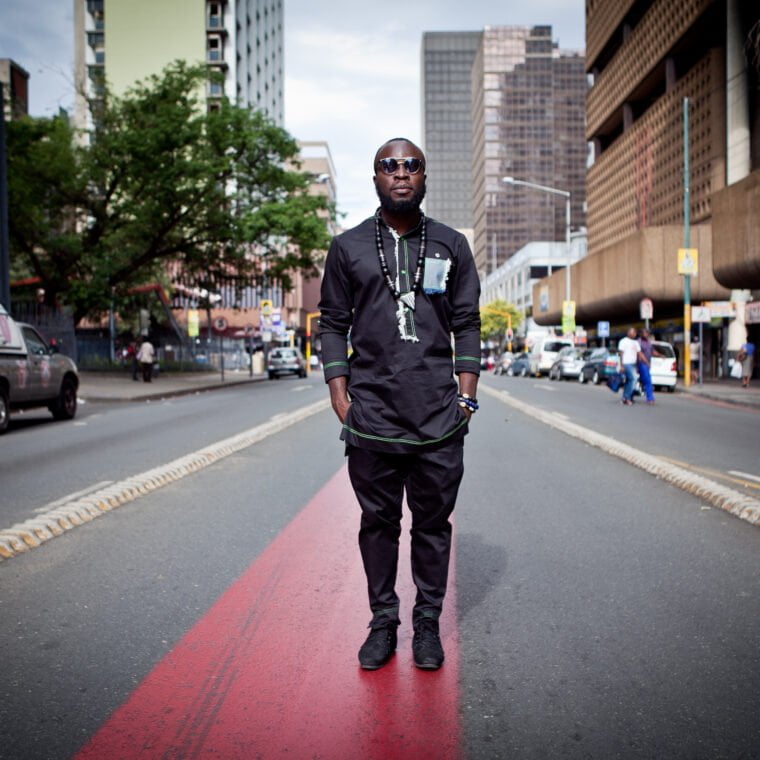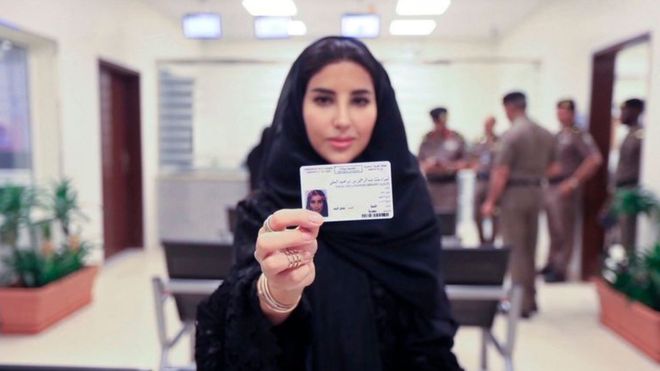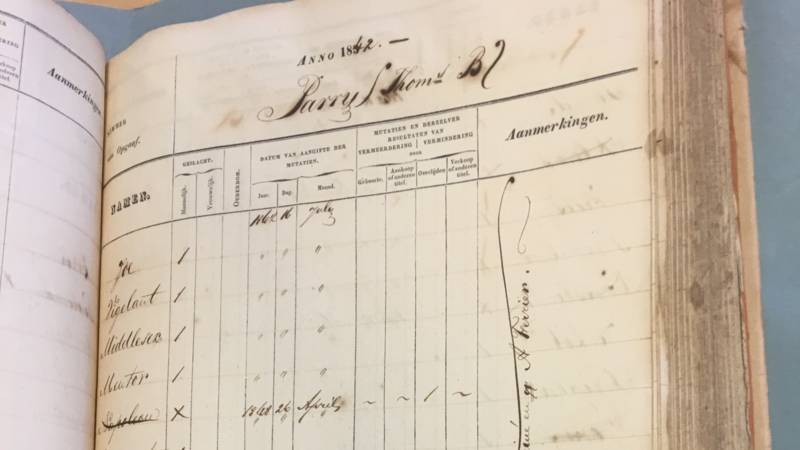Last year I found myself at a festival in Denmark. This in itself was a musical experience, but what really put a smile on my face was that Ghanaian Hiplife music pumped out of a gang of Danish teenage boys’ self-made boombox that they wheeled around the festival area. I came across random Ghanaian music playing from pubs and private stereos. It made me think: “Ghanaian music has traveled this far just for my own listening pleasure away from home”.
With this in mind I want to explore what Ghanaian music personalities think of this phenomenon and if they benefit from it. What is the opinion of the Ghanaian music scene? Here presented by M.anifest, Rocky Dawuni and Kofi IamBeatmenace and on what makes Ghanaian music so appealing to the world, what are the opportunities for the mainstream and not so mainstream acts and how does royalties for the artist fit into this world of opportunities for Ghanaian music? Let us hear from M.anifest first:
M.anifest, Congratulations on being named the ‘foremost rapper in Africa’ does that mean the rapper with the most forehead?
It’s all semantics. Having the most forehead might well mean twice the prominence; an eighthead essentially. On a serious note I’m humbled that the lyricism and songwriting efforts have reached a level of recognition to provoke a bold description such as foremost rapper on the continent.
M.anifest, what inspires your choice of apparel, does this choice make you more connected to your roots? Do you feel it’s a good representation to your identity?
I believe in originality. There is something about putting a creative spin on what comes naturally. Maybe I would consider a remixed kilt if I had Scottish roots. How I dress is first and foremost a preference. Then it’s a choice that makes sense because it pays ode to my origins as well as it simply looking and feeling good to me.
You have endorsement deals from Woodin and Express Pay Deal, how does recognition from these brands make you feel and what does it mean for Ghanaian music?
There is a lot the world can benefit from if business is creative, and if being creative is good business. My past collaborations with Woodin and current work with expressPay is a nod to this.
Are we telling the right stories? What makes our songs delightful? Why does Ghanaian music stand out?
I’m not sure if there is such a thing as a right story. But I do believe it’s much more compelling and gratifying to tell our own stories, through our our own lenses, and not contrive stories from already existing and dominant narratives from a world outside. A young Ghanaian experiences the violence of power outages (dumsor) more than the woes of being hooked on molly or living in fear of stray bullets. Our stories are ours. They’re interesting and legitimate. The world needs to hear them. I’m emboldened by hearing others tell their
stories without apology. Ghanaian music stands out when we’re innovative and reinvent the music of yesterday Ghana with the music of today. The outcome is explosive.
What are the challenges you face in collecting royalties for your music in Ghana? Any suggestions to overcome these challenges?
Till date I haven’t collected a single cedi of royalties from Ghana. I don’t know anybody who has. I wouldn’t call it a challenge; the system is simply broken and maybe was never there in the first place. I had a random conversation with Okyeame Kwame who I think is heading an interim committee to try and fix up the collection of royalties by Ghamroll. I don’t think many people who use musicians songs for their benefit and to attract advertisers in Ghana have a pressing desire to pay royalties. This might be a top down legal/policy solution to be honest.
You have had awesome performances in different parts of the world and collaborated with some dope artists as well, what experiences would you like to share with us that made working around the world a success and what change’s would you like to see about the music industry back home?
We have a space problem. We have to start building or making more spaces; Performance spaces and more. How many performance places even have a functional or respectable backstage for artists? We’re so far from those days when Nkrumah made art a political priority. There’s a lot of potential benefits to business and culture when art is given a better chance to flourish. On the other side, us artists need to raise the standards of quality to be frank. Sometimes the music is cheap comedy of low musical quality and no one wants to take us seriously us professionals. That said there is still a lot of innovation and talent that’s coming up all around the country so I’m looking forward to how all of that makes an impact. I’ll try and play my part and make better music.
Follow M.anifest on Facebook, Instagram, Twitter and YouTube feed.



